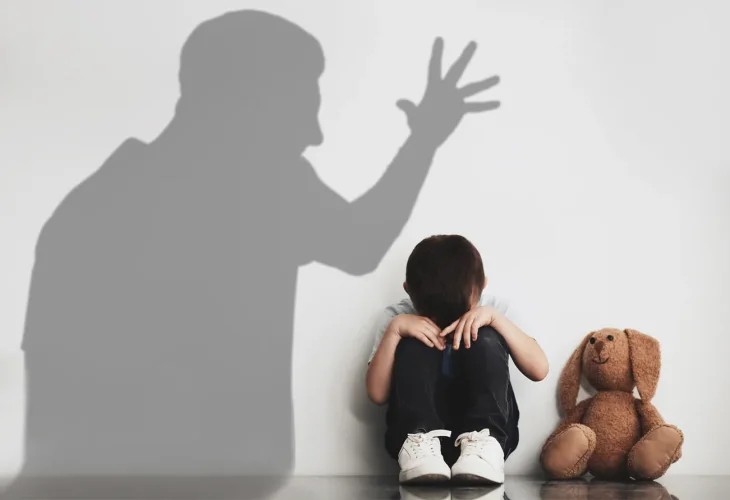Are Yelling and Harsh Words Reshaping Our Children's Brains?
Discover how shouting and harsh words can impact child development and potentially lead to future mental health issues and social difficulties. Experts reveal troubling insights.
 (Photo: shutterstock)
(Photo: shutterstock)The era when "discipline" involved shouting and raised voices is fading. Today, many parents are seeking and implementing more inclusive and nurturing parenting methods. However, new studies are shedding light on a particularly concerning angle, revealing that yelling and harsh words can leave a significant and even harmful developmental mark on children.
In a special conference held in the UK, leading psychologists and neurologists warned about the far-reaching effects of prolonged exposure to harsh and humiliating tones on children's developing brains. According to them, repeated experiences of raised voices and harsh criticism can lead to actual biological changes in brain structure, increasing the risk of anxiety, depression, and significant difficulties in forming social connections over time.
Professor Iman McCrory from UCL explained that "harmful words and hostile tones can get deeply etched into children's memories and significantly affect their self-perception and ability to handle life's challenges." He emphasized that the impact goes beyond fleeting feelings and could lead to long-term developmental changes.
How does this happen? The researchers provided a scientific explanation and displayed brain scans showing that exposure to harsh tones and severe criticism can alter how the brain's "threat" and "reward" circuits function in a child. These changes may lead them to perceive the world as a more dangerous place and interpret neutral interactions as threatening. As a result, these children might exhibit tendencies toward social withdrawal or aggression in various situations.
Professor Peter Fonagy, head of the Psychology Department at UCL, stressed the importance of awareness and prevention: "This is one of the most significant preventable causes of mental health issues. Harsh and critical tones can undermine the foundation for healthy brain development. Children need supportive and empathetic communication to grow and develop optimally."
Professor Andrea Danese from King's College London added, "The notion of 'sticks and stones' is misleading in this context – words do indeed wound. They can leave deep psychological scars that may accompany a person throughout their lifetime."
Researchers are now calling for this understanding of these impacts to be central to efforts in promoting mental health among children and adolescents. Jessica Bondy, founder of the "Words Matter" organization, concluded by saying, "If we aim for a truly healthy generation, we must directly address the hidden and profound wounds that may arise from the use of abusive language toward children."

